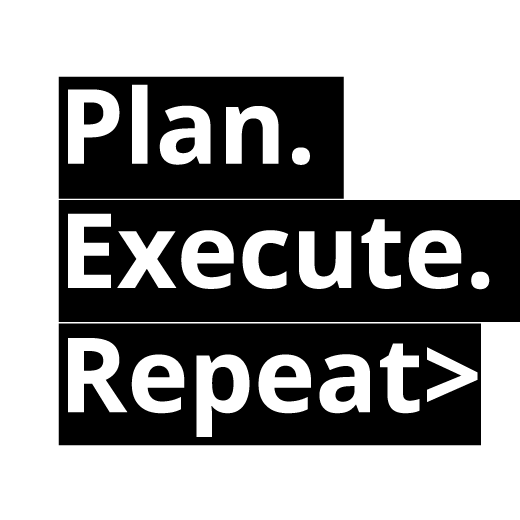But here, we are talking systematic learning just like a college. And guess what, it's also as simple as you open your gadgets and do those things (read, listen, watch). The only difference is you will need to solve the problems, tasks or quizzes from the lecturer.
So how do we do it? In this very advanced internet and technology world, you can access many online learning courses. As now they are called MOOC (simply call mu:/k), massive-online-open-course, you can access it wherever and whenever you want, as long as you want to learn and have Internet connection.
You can check mooc-list.com, to look for any free course, but you can always pay for many courses that will give you Verified Certificate of Completion. However, by using paid course you will have more authenticity of the certificate and you can use it for further usage, for example, to add it to your CV or portfolio.
As the MOOCs are spreading nowadays there still many experts debating on the impact of it. Whether MOOCs will improve a higher education or destroy it instead. Simply because MOOCs are different from traditional online courses in that they are usually free, open to anyone with an Internet connection and draw hundreds or thousands of students. MOOCs can be created by institutions and individuals and are most commonly offered by third parties such as Coursera, edX, and Udacity. Colleges and universities don't typically accept MOOCs for credit unless they are associated with their own programs. However, experts predict that will change in coming years as institutions feel pressure from their peers and students to accept the classes.
Despite the hype, many question the quality of the courses, arguing that the best way to educate students is through face-to-face interaction. MOOCs may offer discussion groups, but that is nothing like having a back-and-forth conversation in real time.
For me, I think it is an improvement of higher education and I believe MOOCs will be effective for a person who wants to learn, and have limited resources, like time and budget. And for MOOCs, I usually use Coursera because it can be accessed using mobile apps (and I can watch and listen to the course while going to the office, etc) . However, I haven't finished any course yet, and the one I took a couple of weeks ago will be completed in next 1 or 2 months (I guess). I took "Competitive Strategy" course from Ludwig-Maximilians-Universität München (LMU).
In fact, I'm also taking a degree in Management, using online system in Indonesia, which is Entrepreneur University of Indonesia (UWIN), and operated Haruka Edu as the online program manager. But, this program is still a hybrid, since it's still using face-to-face interaction for admission of new students, mid-tests and examinations. And the students still can have back and forth discussion with the lecturers via live chat or during face-to-face interaction.
So, the conclusion is, nowadays you can learn anywhere you want, whenever you want, without worrying about the budget and time constraints as long as you have an Internet connection. Whether you want the certificate or not, the important thing is the implementations of what you have learned.
And here are some snapshots from the Course and the certificates.
 |
| Screenshot of Coursera |
 |
| Screenshot of Coursera |
 |
| Certificate |
